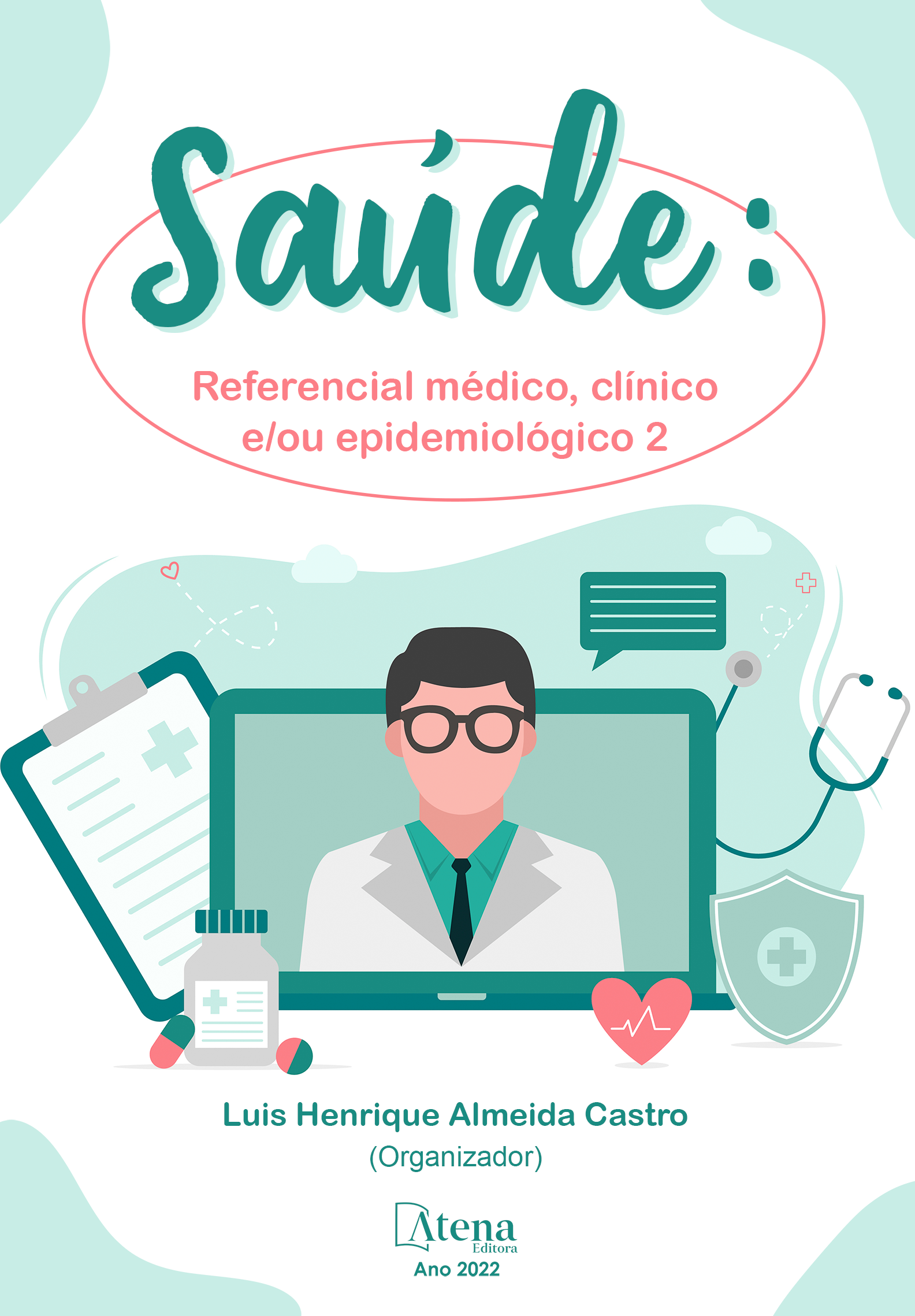
PERFIL EPIDEMIOLÓGICO DA SÍFILIS GESTACIONAL DURANTE PANDEMIA PELO SARS-COV-2 NO MUNÍCIPIO DE ARAGUAÍNA ENTRE 2018-2021.
A sífilis é uma infecção sexualmente transmissível (IST) causada pela bactéria espiroqueta Treponema pallidum, de caráter sistêmico e passível de prevenção. Quando não tratada precocemente, pode evoluir para um quadro crônico com sequelas irreversíveis. Dentre as várias patologias que podem ser transmitidas durante o período gestacional, a sífilis possui as maiores taxas de contágio, variando entre 70% e 100% nas fases primária e secundária, e reduzindo para 30% nas fases latente tardia e terciária da infecção materna, persistindo como problema de saúde pública. Este estudo tem como objetivo analisar o impacto da pandemia pelo SARS-CoV-2 no diagnóstico de sífilis na gestação. Os dados foram obtidos pelo Sistema de Informações de Agravos de Notificação (SINAN), foram retirados dados anuais de sífilis gestacional, conjuntamente a pesquisas em bases de dados como Medical Literature Online (MEDLINE) e Scientific Eletronic Library Online (SciELO). Foram analisadas informações referentes a um intervalo de 4 anos, sendo diagnosticados 238 casos, dentre as quais evidenciou-se um aumento dos números de novos casos em 2019 e uma redução significativa dos casos no ano de 2020. A partir dos dados obtidos, nota-se a relevância da implementação de medidas mais efetivas de controle à sífilis gestacional, visto que o município ainda apresenta índices de diagnósticos elevados para essa doença. Ações educativas que abordem e incentivem as formas de prevenção da doença, são formas de promoção de saúde que devem ser vigorosamente incentivadas. Ademais, é importante analisar a predisposição de redução dos casos nos anos seguinte ao termino da pandemia do SARS-CoV-2, para que seja possível esclarecer a razão desse declínio.
PERFIL EPIDEMIOLÓGICO DA SÍFILIS GESTACIONAL DURANTE PANDEMIA PELO SARS-COV-2 NO MUNÍCIPIO DE ARAGUAÍNA ENTRE 2018-2021.
-
DOI: 10.22533/at.ed.63022290610
-
Palavras-chave: Sífilis, Gestação, Tocantins.
-
Keywords: Syphilis, Pregnancy, Tocantins.
-
Abstract:
Syphilis is a systemic, preventable sexually transmitted infection (STI) caused by the spirochete Treponema pallidum. When not treated early, it can evolve to a chronic condition with irreversible sequelae. Among the various pathologies that can be transmitted during pregnancy, syphilis has the highest rates of infection, ranging from 70% to 100% in the primary and secondary phases, and it reduces 30% in the late latent and tertiary phases of maternal infection, persisting as a public health problem. This study aims to analyze the impact of the SARS-CoV-2 pandemic on the diagnosis of syphilis in pregnancy. Data were obtained from the Information System of Notifiable Diseases (SINAN), and the annual data on gestational syphilis were collected, along with researches from Medical Literature Online (MEDLINE) and Scientific Eletronic Library Online (SciELO). Information related to a 4-year interval was analyzed, and 238 cases were diagnosed, among which an increase in the numbers of new cases in 2019 and a significant reduction in cases in the year 2020 were evidenced. From the data obtained, the relevance of implementing more effective measures to control gestational syphilis is noted, since the municipality still has high rates of diagnoses for this disease. Educational actions that address and encourage ways to prevent the disease are forms of health promotion that should be vigorously encouraged. Furthermore, it is important to analyze the predisposition of reduction of cases in the years following the end of the SARS-CoV-2 pandemic, in order to clarify the reason for this decline.
-
Número de páginas: 8
- Maria Cândida Barros Arantes Romano
- Rodolfo Lima Araújo
- Marília Silva do Couto


